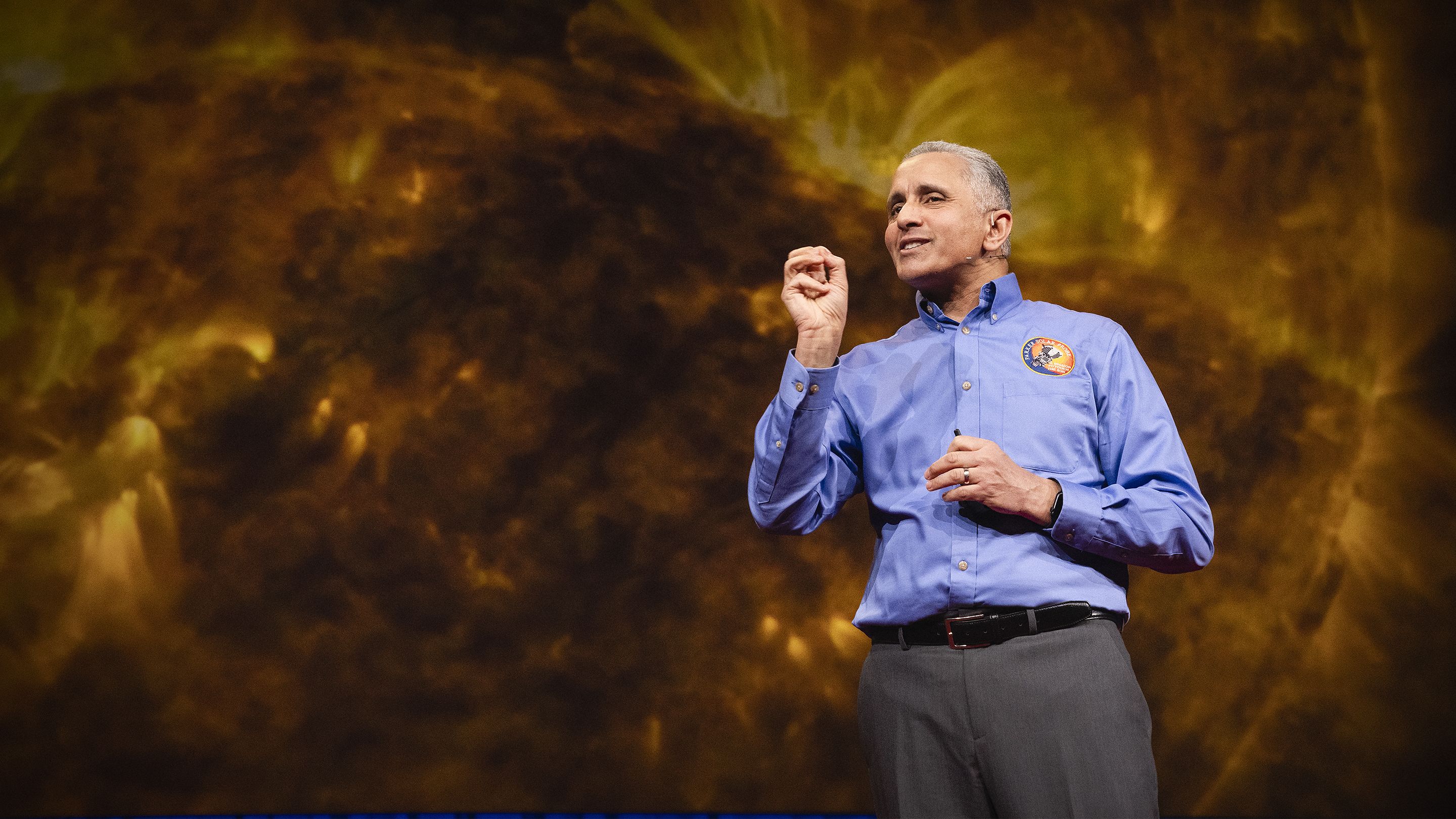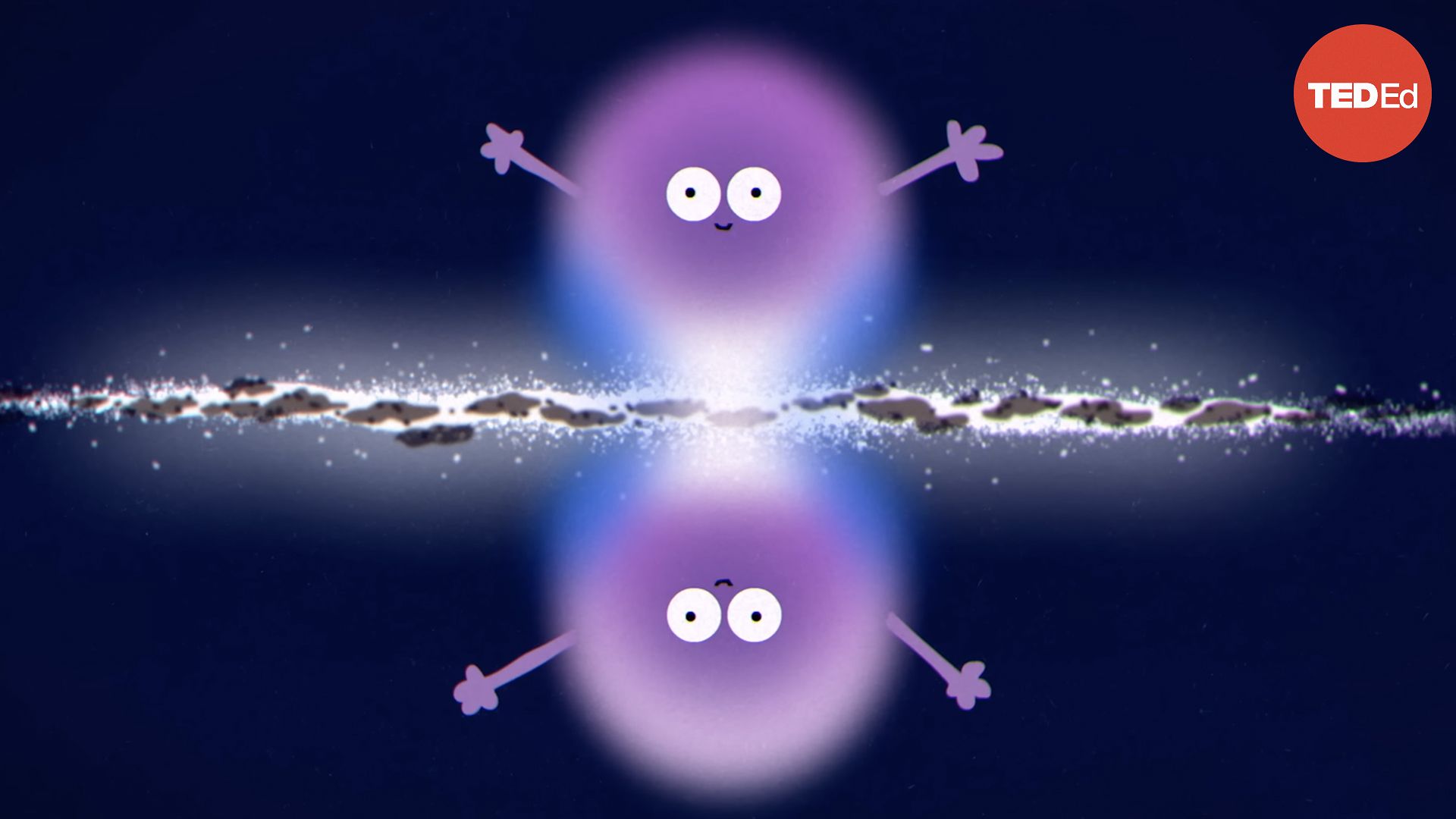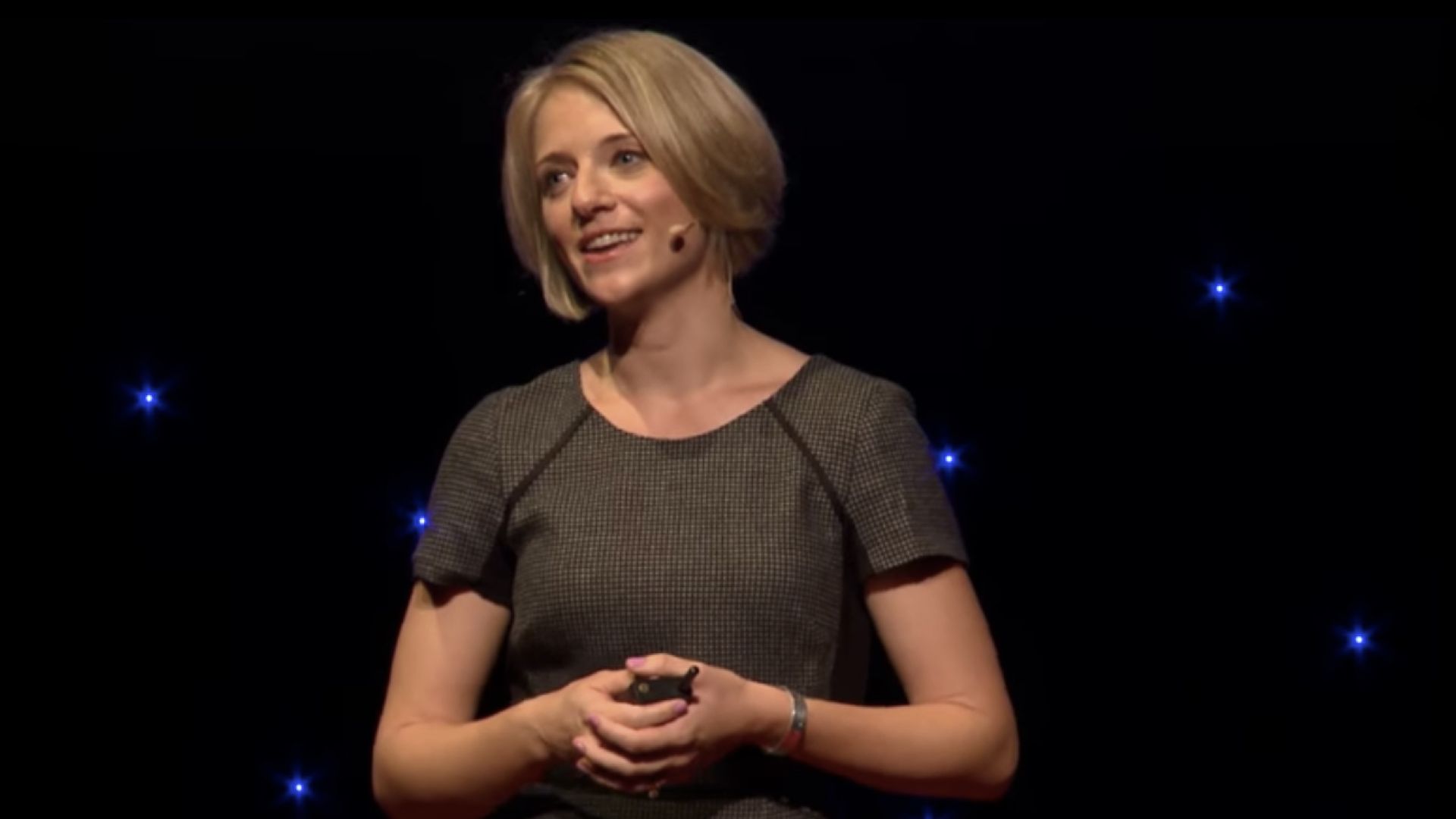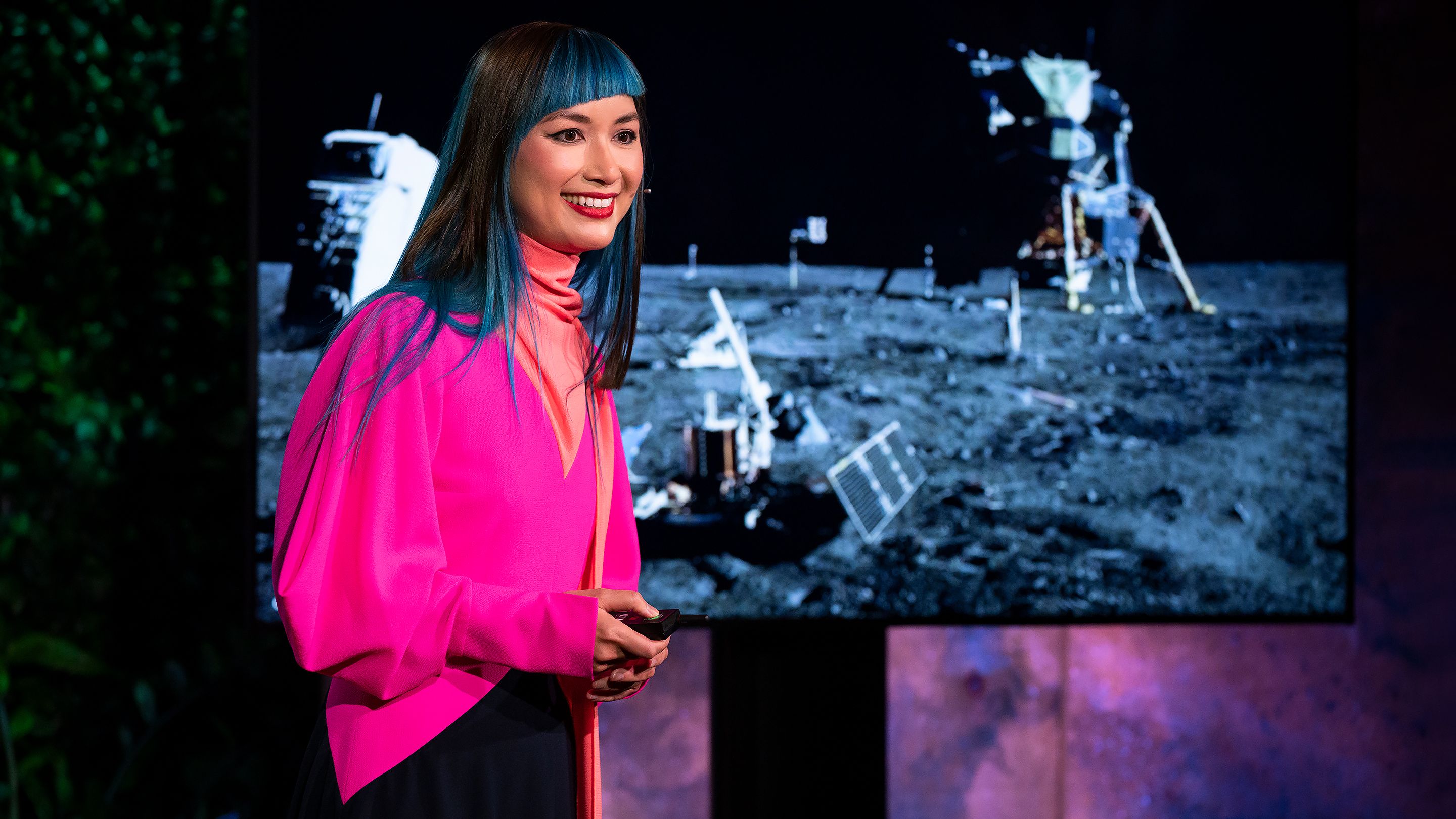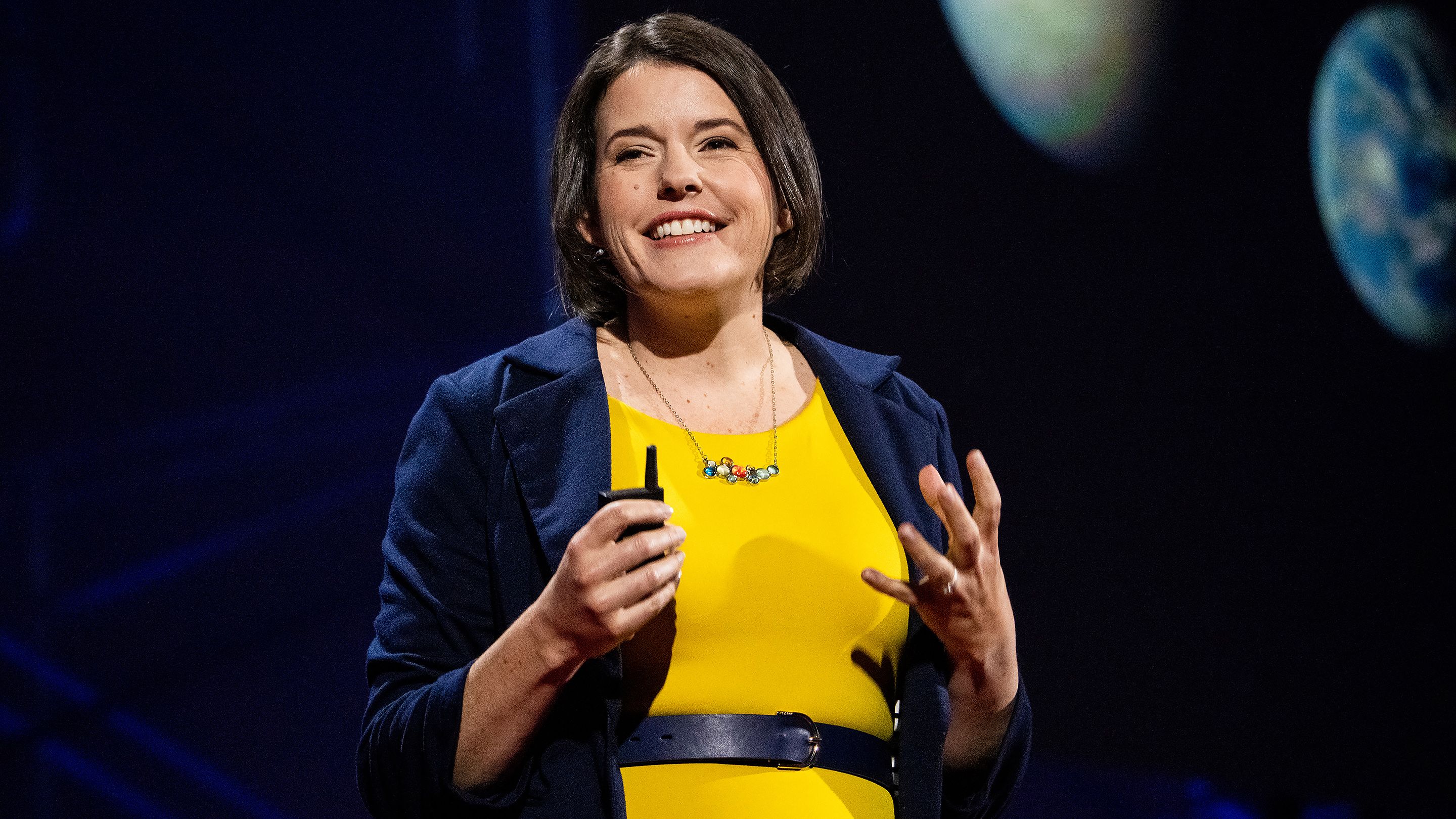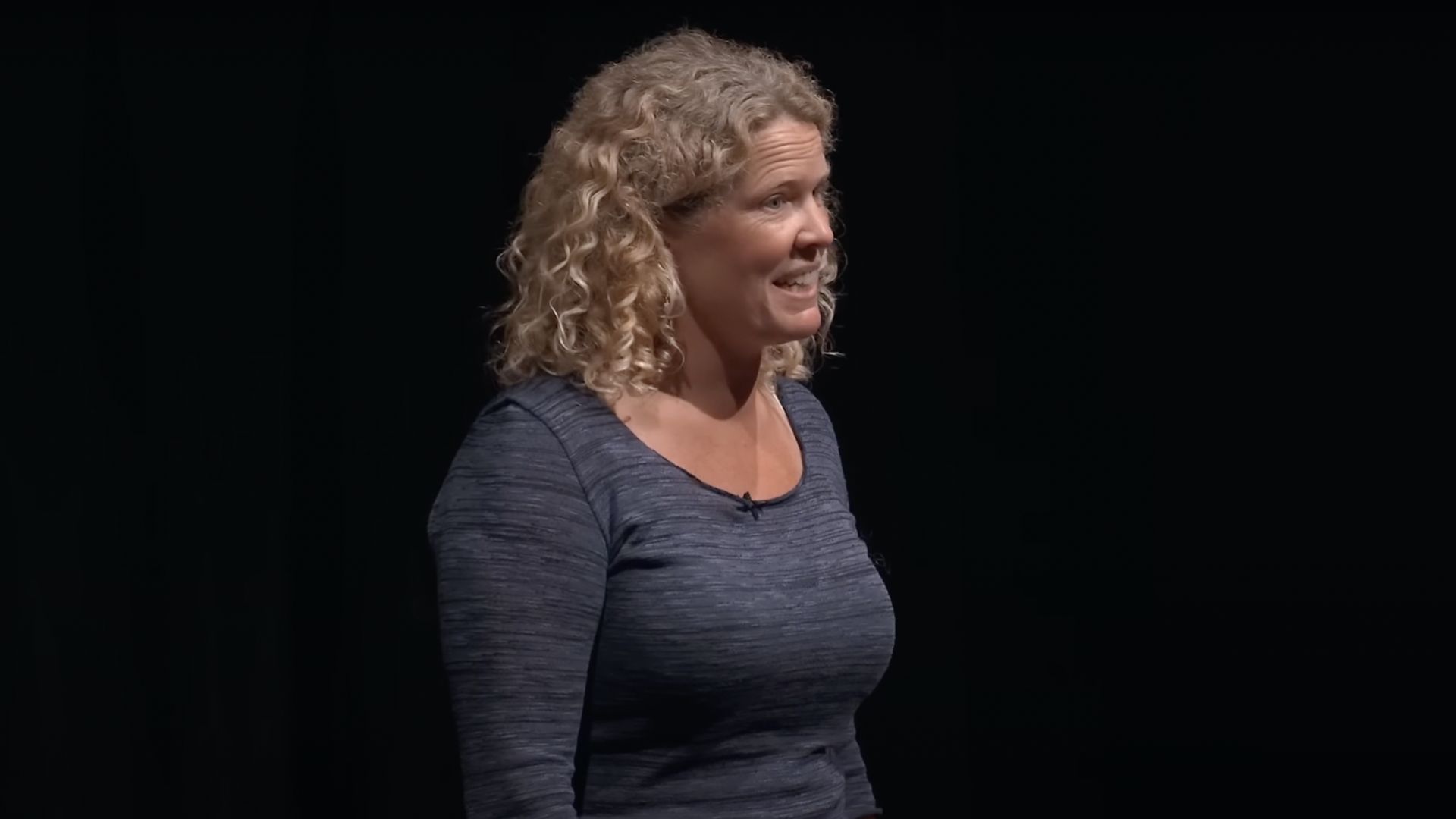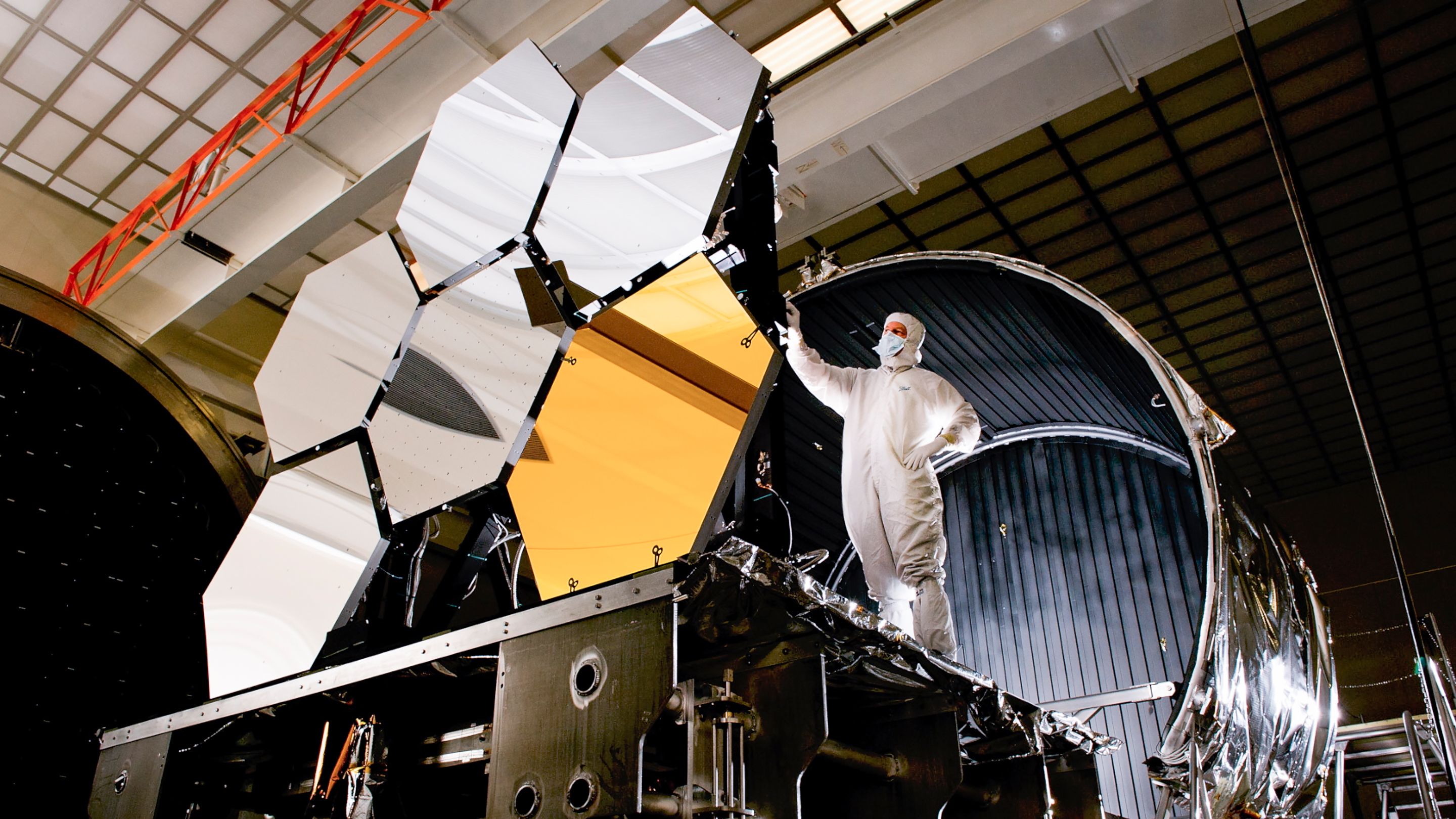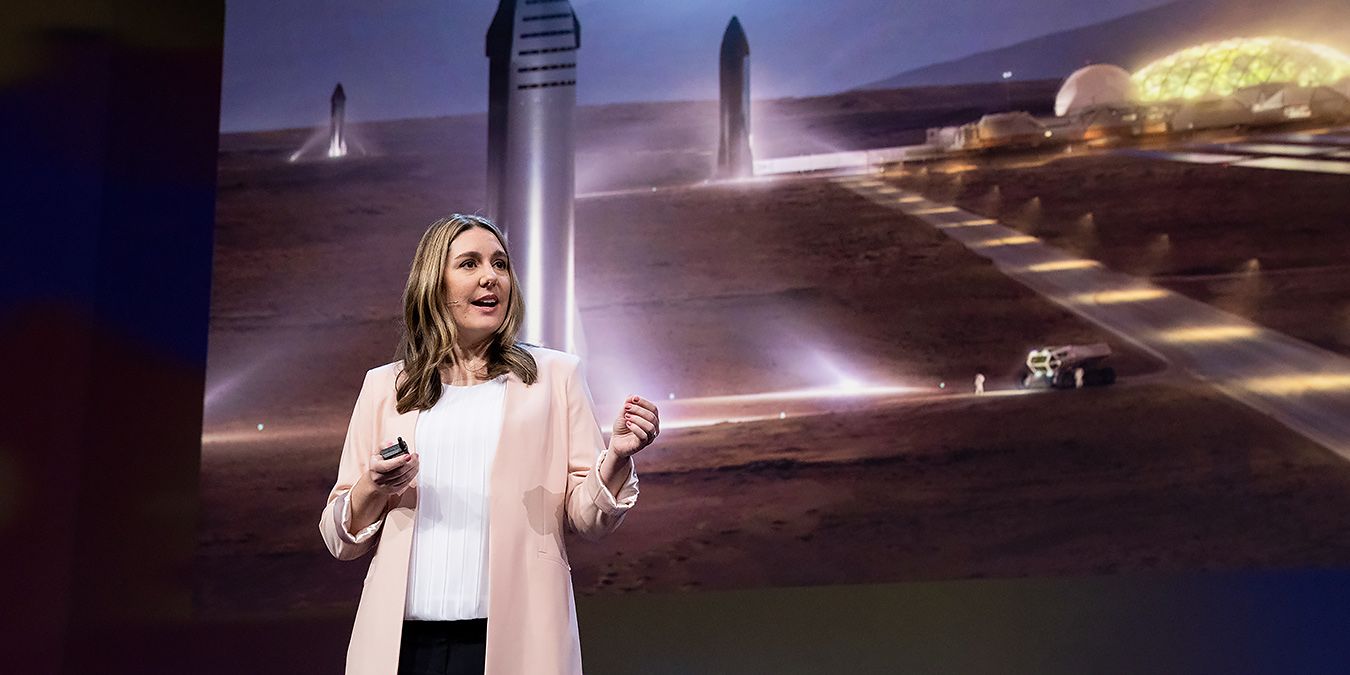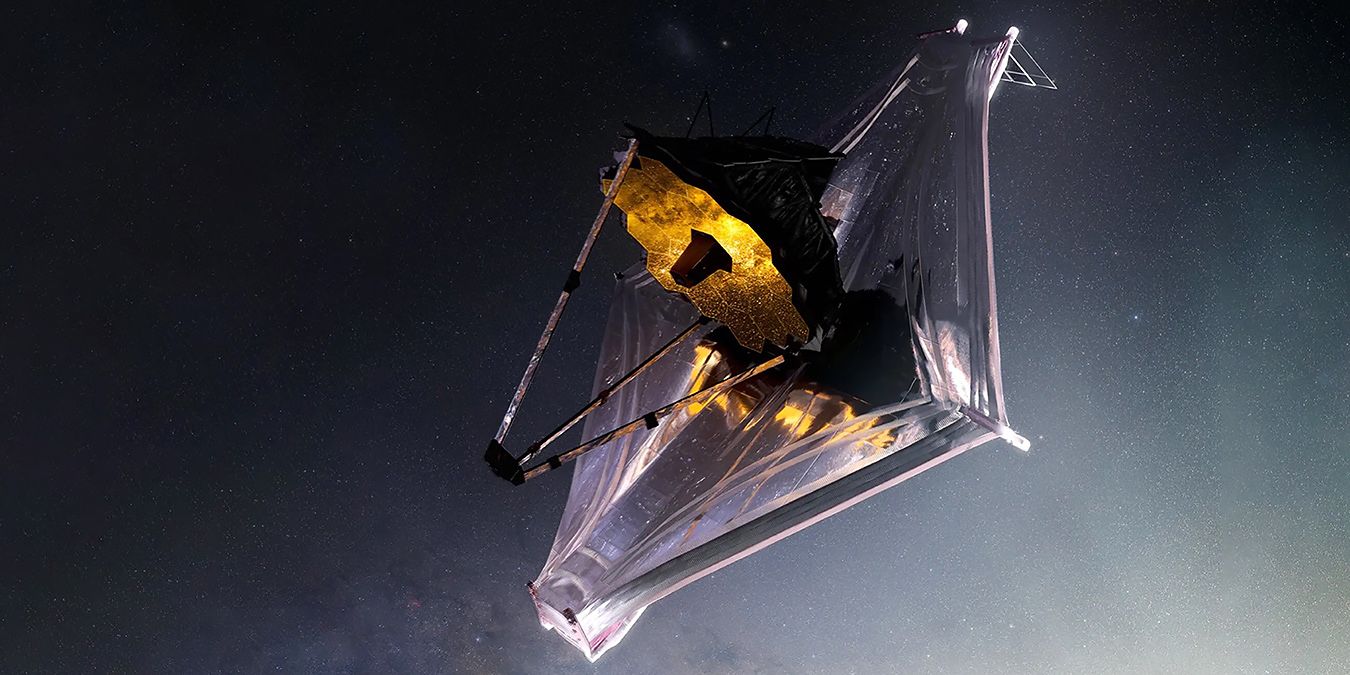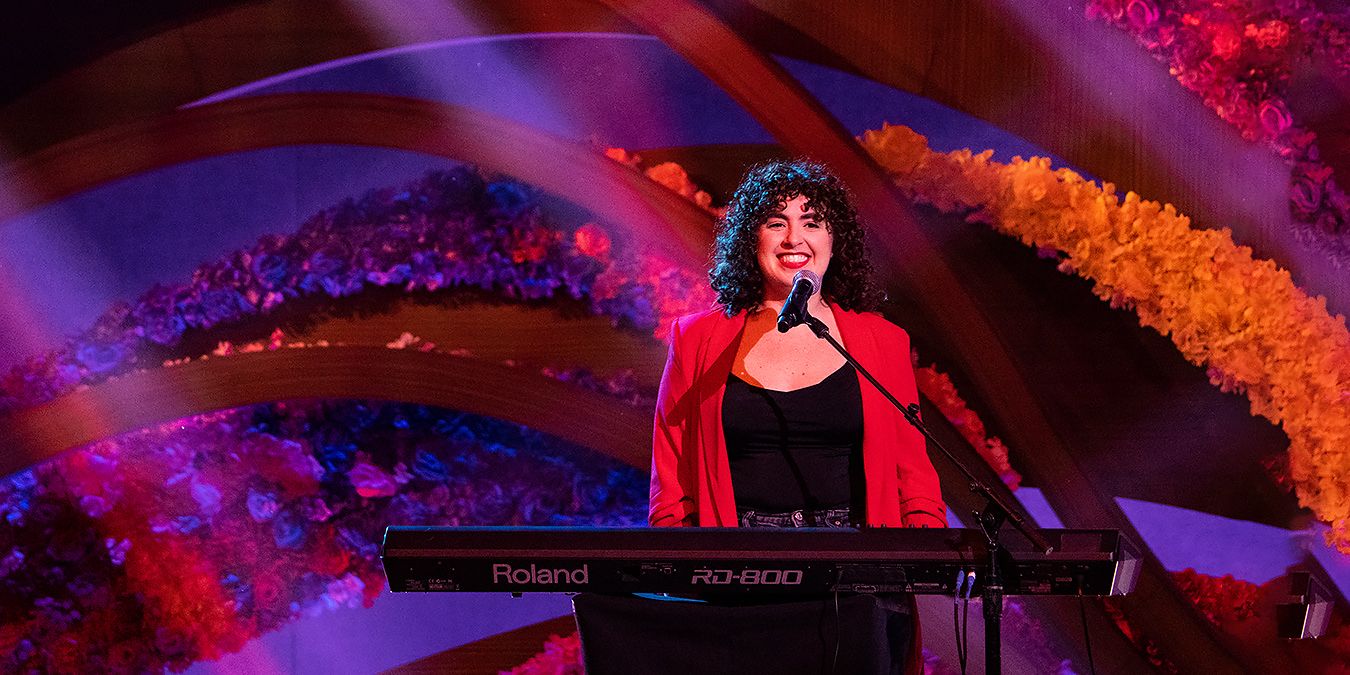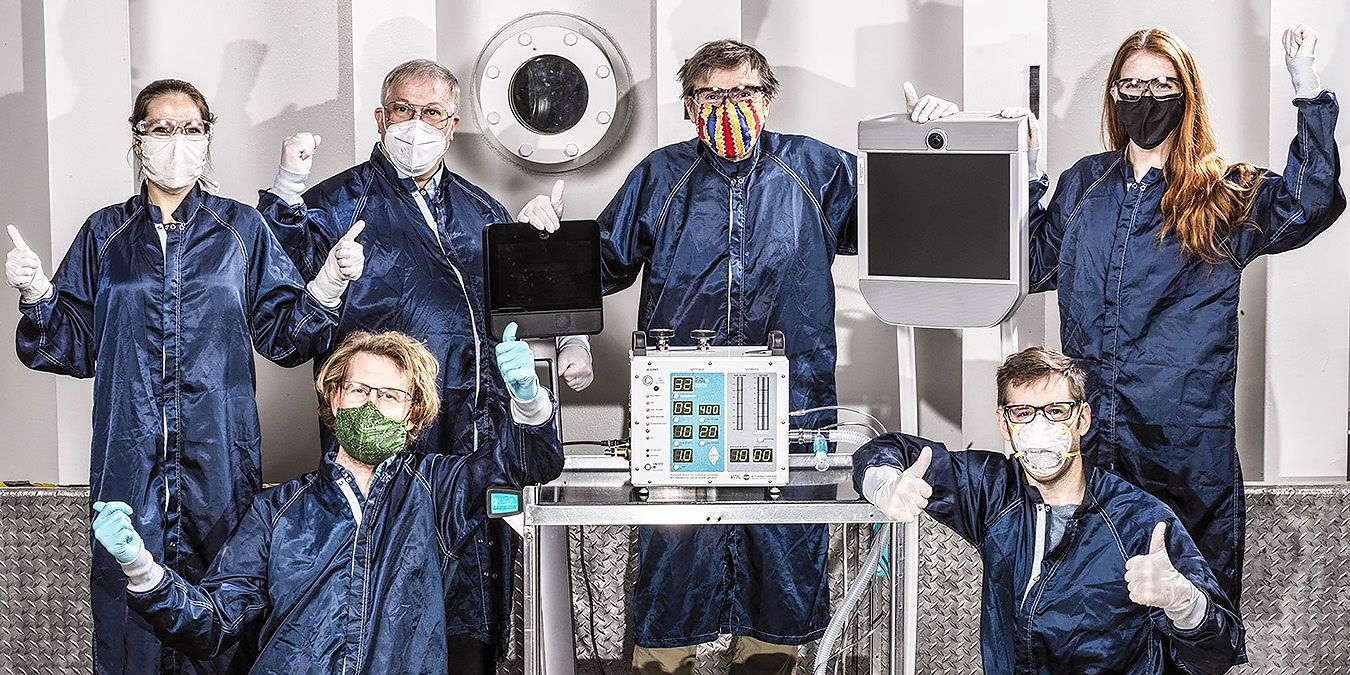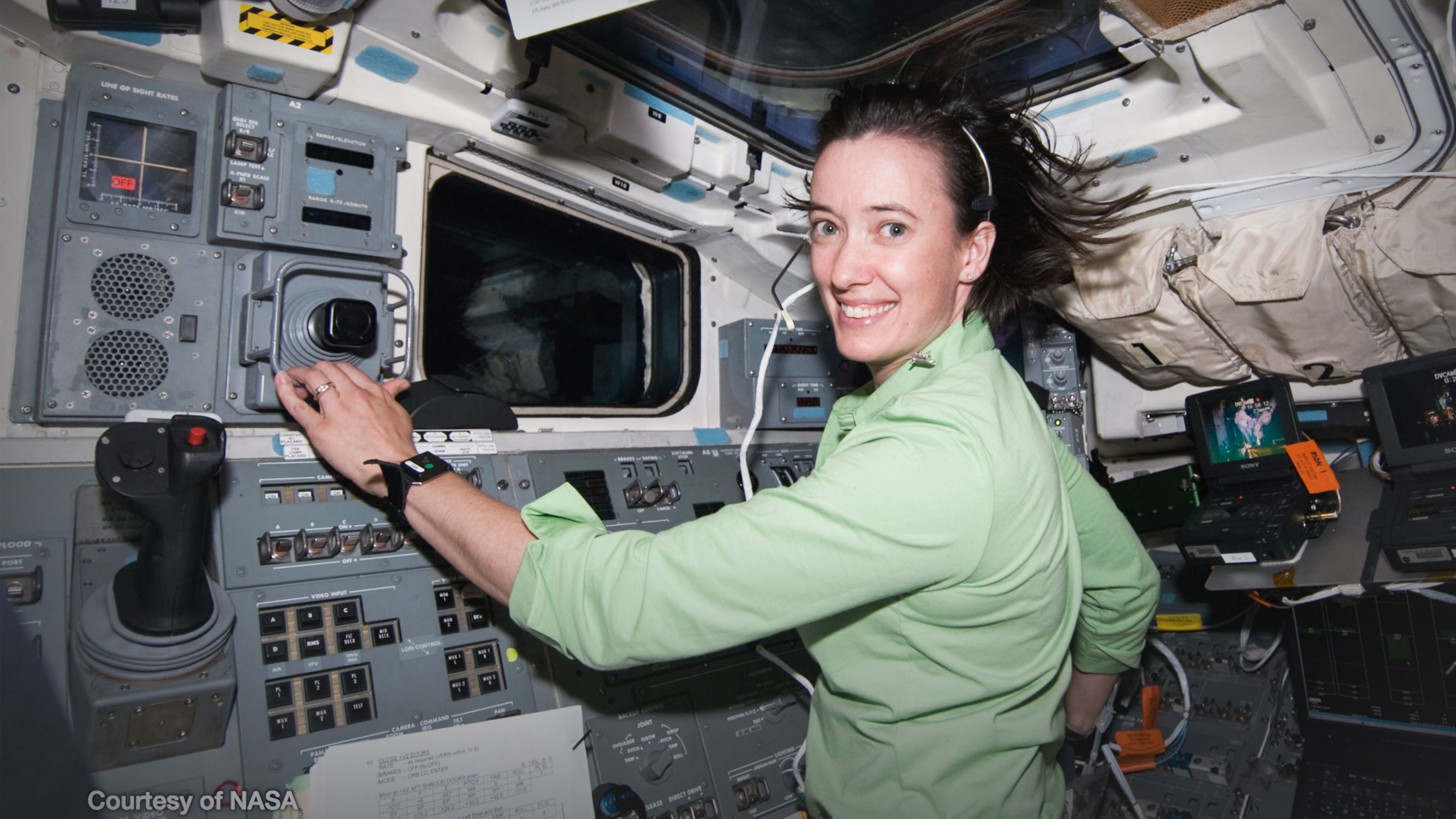NASA
A collection of TED Talks (and more) on the topic of NASA.
Talks about NASA
Exclusive articles about NASA
5 1/2 reasons you shouldn’t miss the solar eclipse, straight from an over-the-moon astrophysicist
Here’s why should stop what you’re doing and look up at the sky on August 21, according to astrophysics researcher Jedidah Isler.
Posted Aug 2017
How should we protect and preserve our history — on the moon?
As new moon-going efforts ramp up, space explorers must remember to safeguard what humans left there previously -- and also study it before it’s too late.
Posted May 2017
The out-of-this-world strategies in place to stop an asteroid impact
NASA has a plan to combat rogue interstellar objects -- and even a Planetary Defense Officer. Asteroid hunter, space scientist and writer Carrie Nugent reveals the array of tactics, from the tested to the far-out.
Posted Mar 2017
